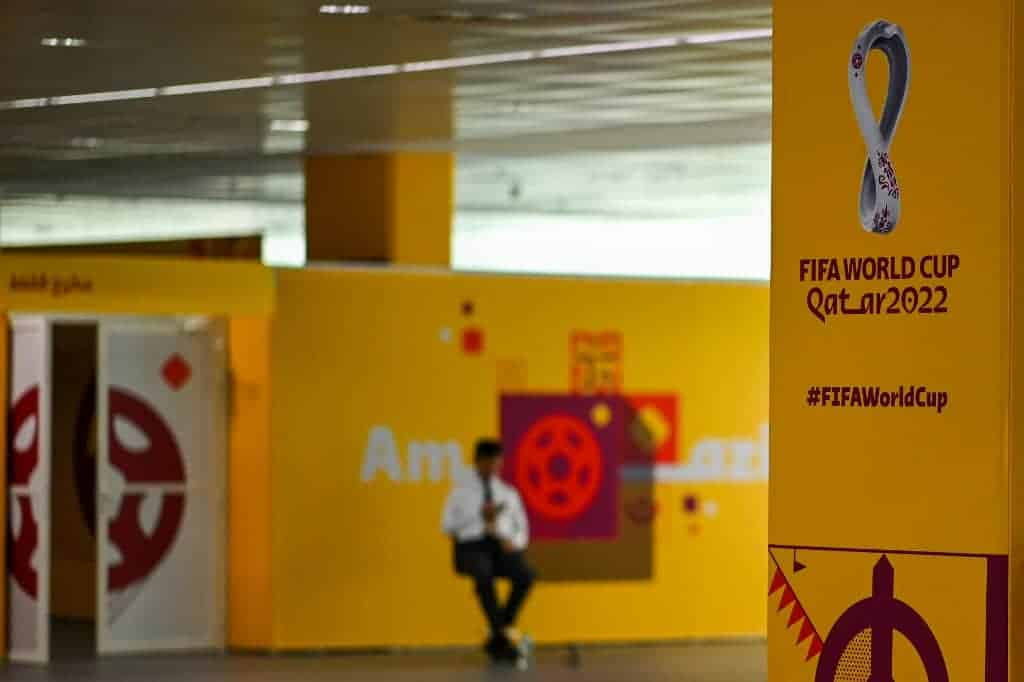It will not be just another World Cup. Qatar 2022 may consolidate the trend or be a turning point in the already wide supremacy of Europe over South America.
The outlook for the South Americans does not look very encouraging ahead of the event in the Middle East. The gap has widened in almost all areas: economic potential, more competitive tournaments and the exodus of youngsters from the region at an increasingly younger age are conspiring against a less unequal competition.
In the bid for soccer leadership, South America can fight in practically only one aspect, albeit of qualitative importance: the contribution of its great talents, who are capable of breaking a negative series that began in Germany-2006 (champion Italy).
In that period of four World Cups, only European teams won the Cup, with a peak in Russia-2018, where the four semifinalists were teams from the old continent (the champion France, Croatia, Belgium and England).
This streak turned the balance and now Europe is ahead of South America in world titles with 12 against 9.
In addition to the unquestionable economic superiority that absorbed great South American stars, Europe added the concern for the training of its own stars, relegated by the costly signings.
“In other words, the investment was not only to buy global stars from South America and Africa, but also to invest in their own players,” said Argentine journalist and writer Ezequiel Fernandez Moores.
Fernandez Moores, author of the book” said that “this is noticeable. Europe started to play soccer well, it wasn’t just the money. That combo made the gap widen more and more”.
However, the South Americans are confident that in Qatar the great moment of Lionel Messi as leader of an Albiceleste that accumulates 35 undefeated matches -including the Copa America 2021 in Brazil and the bicontinental ‘Finalissima’ against Italy- or the solidity and category of Brazil, can change history.
“For me the two top candidates are Brazil and Argentina. I think they are better today than the rest. The big European teams have many problems, not only injuries, but also internal and operational problems,” said Uruguayan Gustavo Poyet, Greece’s coach, to AFP.
The same assessment was made by Brazil’s Cafu, world champion in 1994 and 2002. “Brazil is coming off a very good season. Argentina has a very good team as well. I see both teams with great potential to win the World Cup,” he explained to AFP.
Fernández Moores said that in order to maintain an eventual change of direction it is necessary to “return to work with a lot of solidity in the projects” and “the greater the precariousness the more the project suffers”.
“And there is precariousness in soccer in this region, except for Brazil, which has taken a great distance. Just as Europe took a great distance from South America, Brazil took a very wide distance in South America”, he pointed out.
Less Money – More Talent
The emergence of diverse batches of talented footballers, now the generation led by Messi and Neymar, are the ones that can make the difference in narrowing the gap between Europe and South America.
“Brazil has undergone a generational change: in the last 20 years it has become a stronger, more organized team (…) This way, creative players have more support at the back and feel more confident,” said Poyet, former coach of Betis, among others.
Regarding the other South American giants, he said that “this Argentina team knows how to win with Messi, so he takes on a different role. (Lionel) Scaloni has achieved this, which is why they are candidates to win the World Cup”.
The Argentine star, who will play in his fifth World Cup, got rid of a heavy backpack when he won the Copa America in Brazil-2021 after 28 years of drought and now looks liberated, without ties.
“Sometimes great players emerge and that helps: we used to say that a genius like Maradona would never appear and Messi did,” said Fernández Moores.
Mbappé Reignited the Fuse
Among those destined to occupy the scepter of best footballer on the planet, Frenchman Killian Mbappé had once again lit the fuse of the stale controversy of the rivalry between Europe and South America, six months before the World Cup.
“In South America soccer is not as advanced as in Europe, and that’s why when you look at the last World Cups, it’s the Europeans who win them,” the striker launched.
Almost immediately, many South Americans went for the jugular. Brazilian coach Tite, who is able to speak on the subject with great authority, responded:
“For me, the cut Mbappé is referring to is not the playoffs. He may be talking about these Nations League clashes or European friendlies, but not the qualifiers,” Tite told ESPN.
He added: “We don’t have, with all due respect, Azerbaijan to play. We don’t have one to give you a break. They are all matches with a very high degree of difficulty in the South American qualifiers”.
Since 2002, with the fifth title for Brazil, all the World Cup trophies have gone to European trophy cabinets: Italy in 2006, Spain in 2010, Germany in 2014 and France in 2018.
And also in 2014 a European team won for the first time a World Cup in America. A complete sporting drama for South America, which is looking for revenge in Qatar. Before it is too late.






